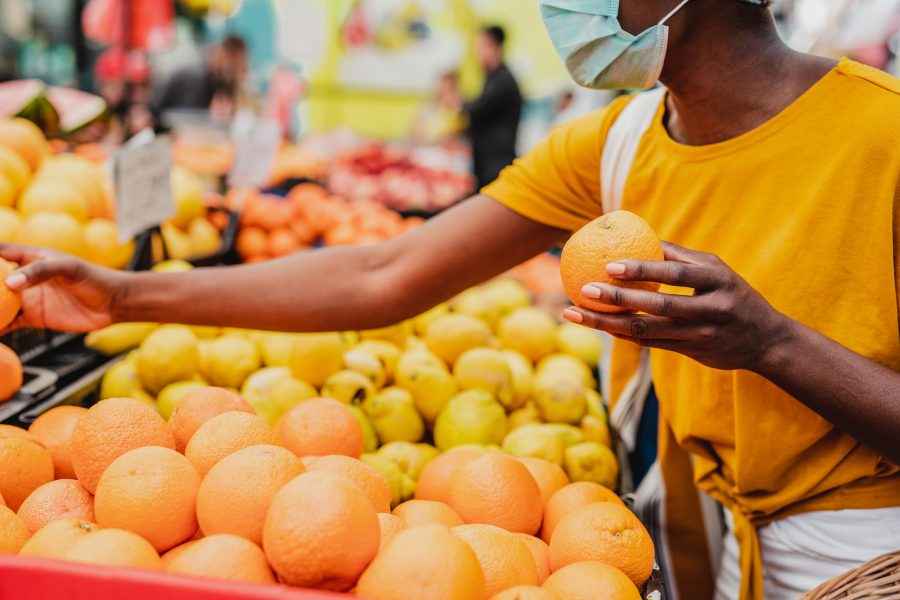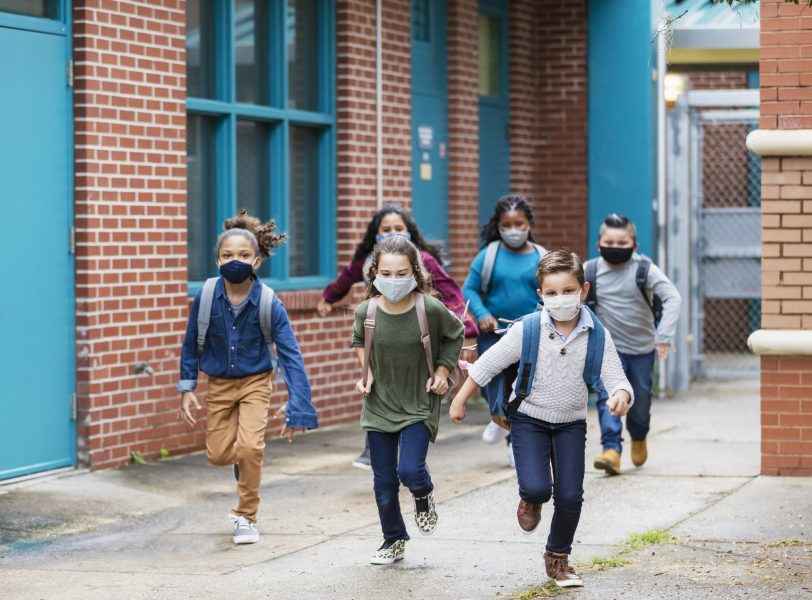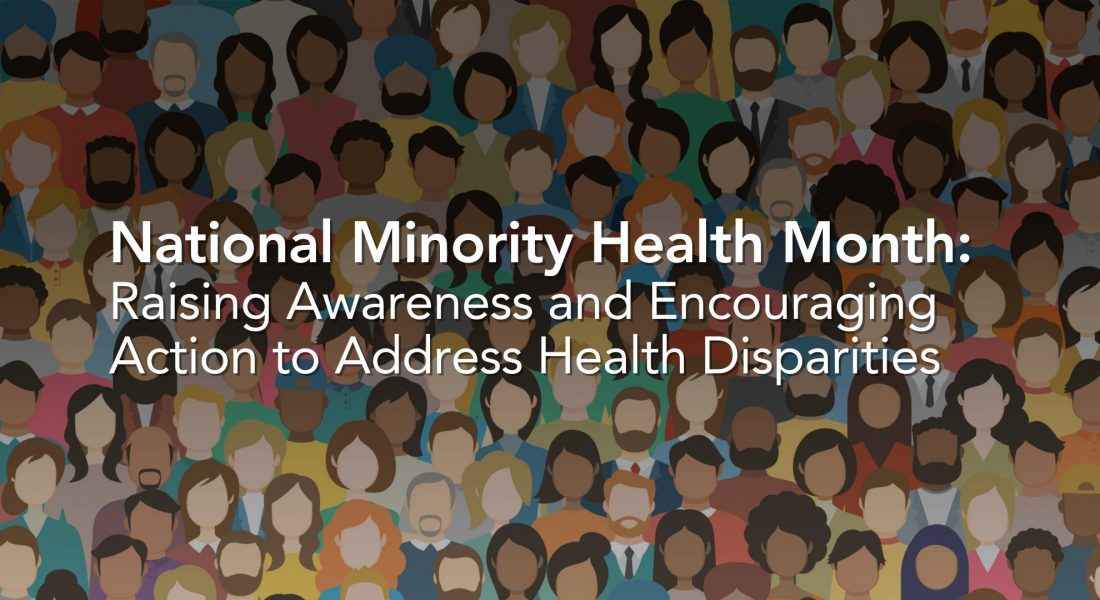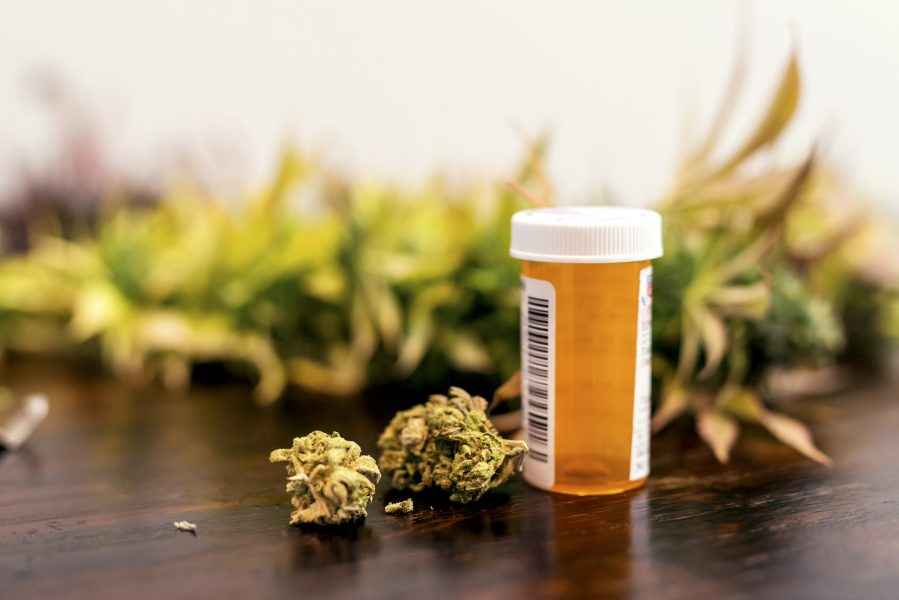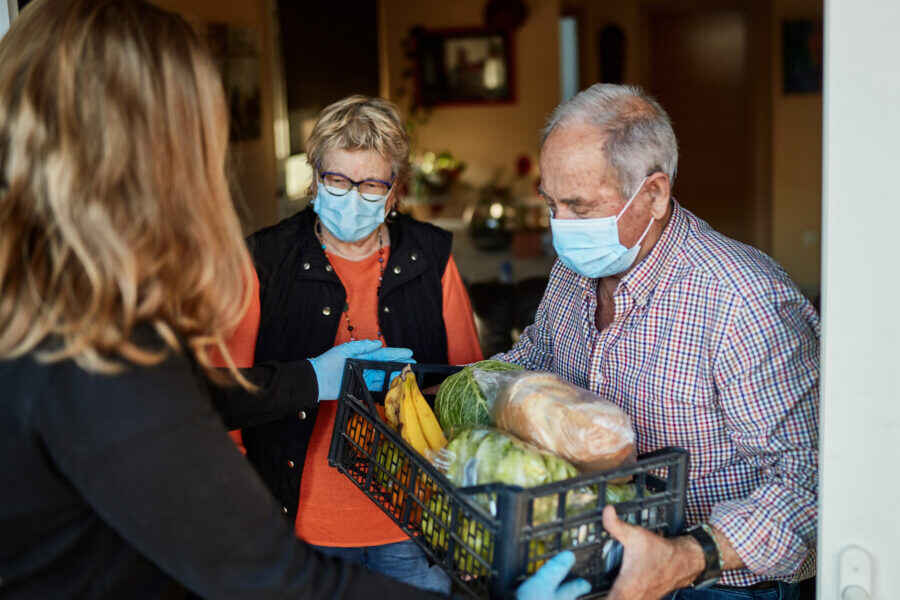
Cannabis Voter Initiatives Meet Opposition in State Courts
Law & Policy InsightsCannabis Legalization and RegulationDuring the 2020 election cycle, several states utilized voter initiatives to legalize medical and/or adult-use cannabis. While these policy changes align with the nation’s changing perception of cannabis, voter initiatives have met serious legal opposition. Three of these court cases in particular emphasize the need to understand state constitutional restrictions on voter initiatives and the impact these restrictions can have on the success of an initiative.


